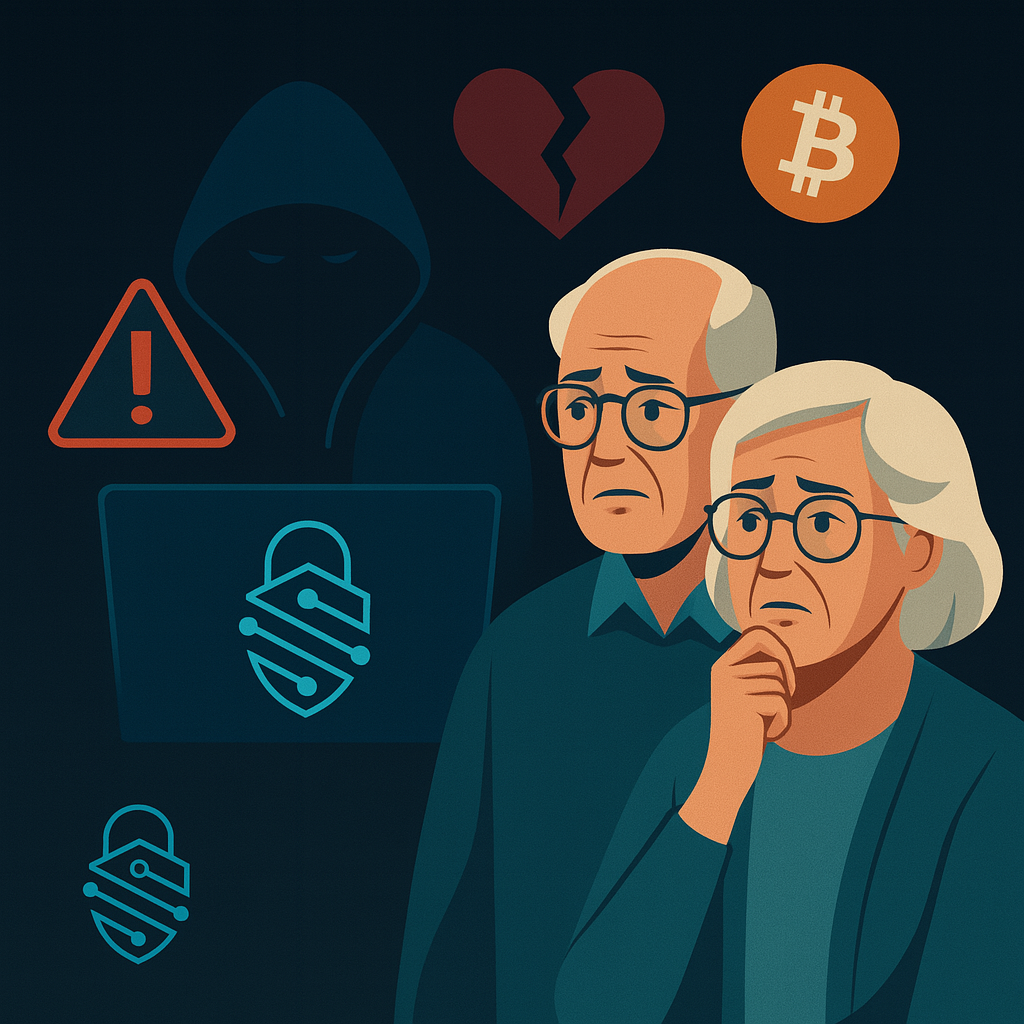Crypto scams are rising fast — and vulnerable adults, especially the elderly, are prime targets. If you’re a family member or carer, it’s vital to know the warning signs so you can act before it’s too late.
At SafeHaven Recovery, we specialise in helping victims of crypto fraud — but the best cure is prevention. Here’s what to look out for.
1. Unrealistic Promises of High Returns
Scammers often lure victims in with the promise of huge profits — “Double your money in 30 days!” or “Guaranteed 20% returns every week!”
Reality check: No legitimate investment can guarantee profits. High returns always carry high risk, and anyone claiming otherwise is likely a fraudster.
2. Pressure to Act Quickly
Scammers use urgency to stop victims from thinking things through:
- “You must invest today before the opportunity closes.”
- “Only a few spots left!”
This pressure tactic is a huge red flag. Genuine financial services never rush people into decisions.
3. Fake Platforms and Websites
Modern scam operations often build convincing websites that mimic real crypto exchanges. These platforms show fake profits rising over time — until the victim tries to withdraw their money.
Check the platform’s details:
- Does it have a UK registration number?
- Is it listed on the FCA Register?
- Are there verified reviews online?
4. Unsolicited Messages or Calls
If someone reaches out via phone, email, or social media claiming to be a “crypto advisor,” it’s almost certainly a scam.
Common tactics include:
- Claiming they’ve “noticed” your relative’s interest in crypto
- Offering “free investment advice”
- Saying they can recover losses from a past scam (this is often a second scam)
5. Lack of Transparency
Real investment professionals are open about who they are, how they’re regulated, and what they charge.
Scammers avoid questions like:
- “Where are you based?”
- “What regulation covers your platform?”
- “Can I speak to a compliance officer?”
If the answers are vague or the contact becomes aggressive — walk away.
How Families and Carers Can Help
It’s not always easy to intervene — but here are a few steps you can take:
- Have open conversations with your loved one about online risks.
- Look out for secrecy — victims often feel ashamed and won’t share what’s going on.
- Ask to review emails, websites, or messages they’ve received from unknown people.
- Monitor financial activity if you have legal authority or joint access.
Worried Someone Has Already Been Scammed?
You’re not alone — and there is help available.
At SafeHaven Recovery, we offer specialist support for scam victims and their families. We understand the emotional and financial toll these scams take and work hard to recover what’s possible, while protecting your loved one from further harm.

